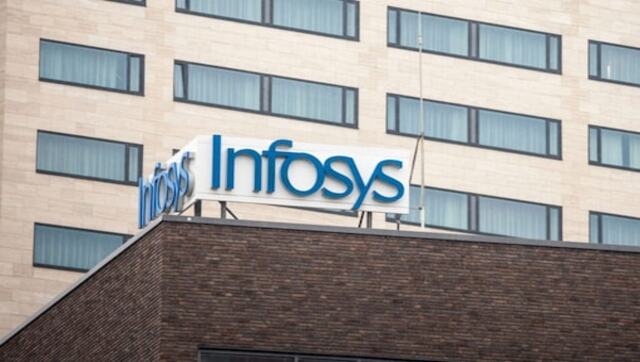Infosys is set to consider a proposal on buying back its shares in a meeting on 13 October. The tech giant will also announce its FY23 Q2 results on Thursday. Confused about what a share buyback means? We have you sorted. Also termed a share repurchase, a buyback is when a company buys its own outstanding shares to lower the number of shares available in the open market. There are a number of reasons behind companies buying back their own shares. For instance, a firm may do that to increase the value of the remaining available shares by decreasing the supply. Companies may also do that to prevent other shareholders from taking a controlling stake. A buyback can demonstrate to investors that the business has enough cash set aside for emergencies and a low chance of encountering economic problems. Buying back the shares allows companies to invest in themselves. Reducing the number of outstanding shares in the market leads to an increase in the proportion of shares owned by investors. A company may feel that its shares are undervalued, and it does a buyback to provide investors with a return. If the company is going bullish on current operations, a buyback also increases the proportion of earnings that is allocated to a share. This increases the stock price if the same price-to-earnings (P/E) ratio is maintained. The buyback makes each share worth a greater percentage of the company as the number of existing shares is reduced. Hence, the stock’s earnings per share (EPS) rises, while the P/E ratio reduces or the stock price increases. A buyback can also be done for compensation purposes. Firms often award their management and employees with stock rewards and stock options. In order to give rewards and options, companies buy back shares and issue them to their employees and management. This helps in avoiding the dilution of existing shareholders. Issues: A share repurchase can give investors the impression that the company does not have other profitable opportunities for growth. This is a problem for investors who are looking for revenue and profit increases. A company is not obligated to repurchase shares because of changes in the marketplace or economy. Buying back shares puts a corporation in a precarious situation if the market takes a downturn or the business faces financial issues it cannot cover. Sometimes, buybacks are allegedly used to inflate share prices artificially in the market, which can also cause higher executive bonuses. Read all the Latest News , Trending News , Cricket News , Bollywood News , India News and Entertainment News here. Follow us on Facebook , Twitter and Instagram .
What is buyback of shares? All you need to know
FP Trending
• October 11, 2022, 18:19:35 IST
A company may feel that its shares are undervalued, and it does a buyback to provide investors with a return
Advertisement
)
End of Article